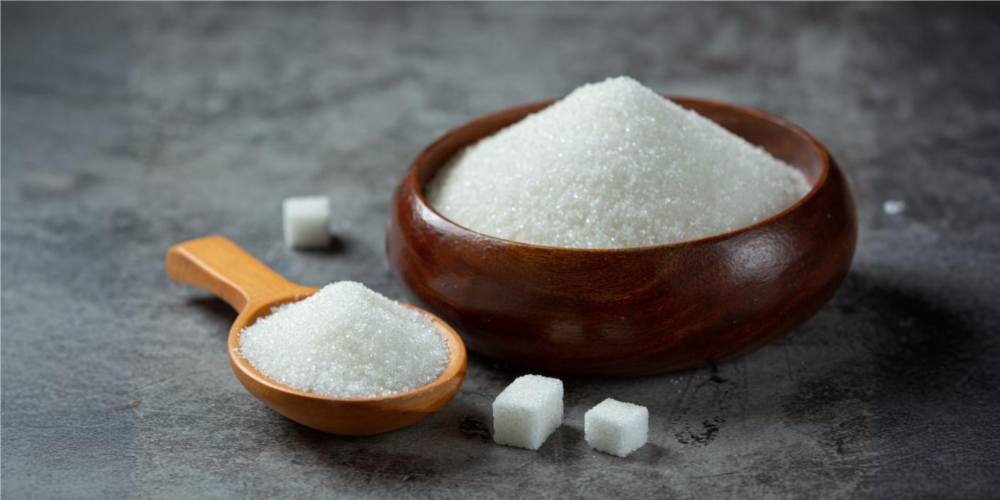Explainer: What Trump’s 25% tariff could mean for India’s pharma exports to the US
India’s pharma exports reached $30.5 billion in the last financial year, with the US market accounting for nearly a third. That’s $9 billion worth of medicines, mostly generic, going to the US.
Author
Author
- admin / 6 months

- 0
- 5 min read

Author
India’s pharmaceutical industry has long been a lifeline for global healthcare, supplying affordable generics, vaccines, and complex drugs to over 200 countries. But with US President Donald Trump slapping a 25% tariff on all Indian exports, including pharmaceutical products, the sector faces one of its most significant external threats in recent years. The tariffs threaten India’s $9 billion annual pharmaceutical trade with the US.
While some reports suggest that pharma are exempt from the newly announced tariffs, at least for now, with no real official confirmation, anxiety still looms over what the 25% duty would mean for the industry
However, with nearly half the generic medicines taken in the US coming from India, at the end of the day, it may even be the American citizens who really get the short end of the stick.
How big is India’s pharma export business to the US?
According to Rubix Data Sciences, India’s pharma exports reached $30.5 billion in the last financial year, with the US market accounting for nearly a third. That’s $9 billion worth of medicines, mostly generic, going to the US.
“India’s strength (in pharma exports) comes at a time of rising external volatility,” said the Rubix report, which was published in July 2025, before the Trump imposed tariffs.
India, the report said, “is not standing still” asserting the country’s ability to weather the storm.
“From strategic acquisitions by Indian CDMOs (Contract Development and Manufacturing Organisations) in the US and Europe to the increasing share of complex generics in their product mix, Indian companies are proactively mitigating these risks,” the report added.
Rubix report also highlighted Indian pharma industry’s global profile, enabling it to offset the detrimental fallout of the US tariffs.
“Growing at a 15% CAGR from 2019 to 2024, double the global rate, India is emerging as a strategic partner in the global pharma supply chain. Inorganic growth is helping Indian CDMOs access skilled global talent, align with local regulatory requirements, and mitigate trade and tariff risks,” the report reads.
On the other hand, an SBI Research report published on July 14 explores the evolving negotiations between India and the US and forecasts scenarios with a potential 10%–20% tariff impact, and India’s strengths in chemicals, pharmaceuticals, apparel, and services, highlighting the country’s ability to diversify exports and withstand external shocks.
It expressed hope that “easing non-tariff barriers (NTBs) in sectors like pharmaceuticals, AYUSH products (Ayurveda, Yoga, Naturopathy, Unani, Siddha, and Homeopathy), and processed organic food could boost India’s exports to the US by an estimated USD 1–2 billion.”
How will the new tariffs impact India’s pharma exports to the US?
India supplies around 65% of all generic drugs sold in the United States. These medicines are often 50% to 90% cheaper than branded equivalents, saving the US healthcare system hundreds of billions of dollars. In 2022 alone, according to research firm IQVIA, generics saved the US $408 billion.
This is why steep tariff on India’s pharma imports could hit the American people the hardest. These cheaper generic drugs from India are much more affordable to the common man there. Much of that affordability is driven by India’s vast manufacturing infrastructure and relatively low production costs. However, the tariffs would make these imports more expensive in the US, and this added cost may be passed onto the customer. Companies like Sun Pharma had earlier said that they would pass on this extra cost to the consumers.
In another scenario, if the costs are not passed on to the customer, the companies would shrink their margins further, making it almost unviable for many of these companies to continue operations and exit the market.
A note from Citi Research earlier this year, quoted by Reuters, put it starkly: “Tariffs (if not passed through) may result in a large part of the Indian generic drug supply to the U.S. turning unviable,”
The consequence? Potential shortages and steep price hikes for American patients.
How had India responded to the new tariffs?
India has responded to the announcement of 25% tariff on Indian exports, calling it a matter that is being carefully reviewed.
“The Government has taken note of a statement by the US President on bilateral trade. The Government is studying its implications. India and the US have been engaged in negotiations on concluding a fair, balanced and mutually beneficial bilateral trade agreement over the last few months. We remain committed to that objective,” the ministry said in the statement
The ministry added that it places the “utmost importance on protecting and promoting the welfare of” farmers, entrepreneurs, and MSMEs (Micro, Small and Medium Enterprises)”.
“The Government will take all steps necessary to secure our national interest, as has been the case with other trade agreements, including the latest Comprehensive Economic and Trade Agreement with the UK,” it added.
Bodies associated with Pharma companies have also downplayed the impact, and seem optimistic. Dilip Kumar, Chairman of the Chamber of Commerce’s Medical Tourism wing, told news agency ANI, that India would not be impacted; they would just pivot to European markets instead.
The Pharmaceuticals Export Promotion Council of India (Pharmexcil) also highlighted that it was the US market that was dependent on the generic drugs from India, and any tariff would hurt the US consumer more.
Also read: AI search engines promote illegal online pharmacies: Study









